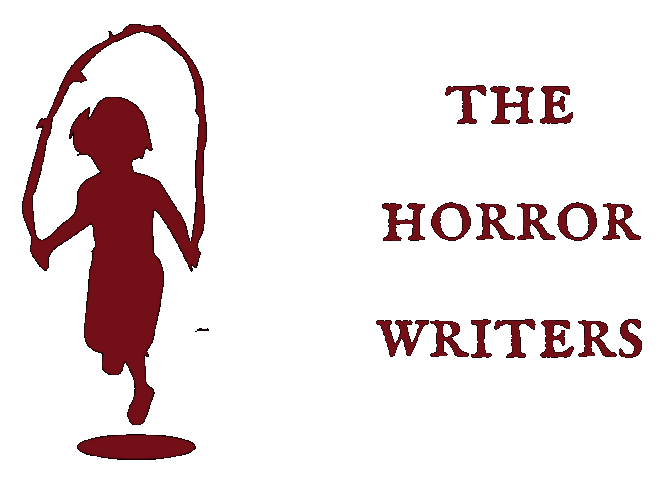We horror writers draw inspiration from everything.
Every. Thing.
Wes Craven credited A Nightmare on Elm Street to a story he read in the local paper. While the paranormal portion of The Amityville Horror may have been fictionalized, the shootings that occurred were not. Sometimes a real tragedy or mystery can act as a vehicle for the message we want to send, for the themes we want to emphasize. Last time around we talked about using Reddit for inspiration, and now we’re turning to Wikipedia for our nightmare fuel. From urban legends to hell-on-earth medial conditions to unexplained incidents, there’s plenty of eerie fodder for the next Great Horror Author to chew on. Brew a cup of coffee and slip down the Wikipedia rabbit hole as you read 10 Wiki pages that will inspire your next great horror story.

1. The Dyatlov Pass Incident – In 1959, nine experienced hikers trekked across the Ural Mountains. They were later found dead, having torn out of their tents from the inside and ran out into the night under-dressed for the freezing nighttime temperatures. Weird details surrounded the states that the bodies were found in.
2. Aokigahara – Also known as “The Suicide Forest”. You can probably guess why it has that name.
3. Hinterkaifeck – A mass murder in rural Bavarian Germany. Don’t read this one before bed.
4. Mary Celeste – In 1872, an American merchant ship was found adrift in the Atlantic, fully provisioned, but completely devoid of her entire crew.
5. Capgras Delusion – “…a disorder in which a person holds a delusion that a friend, spouse, parent, or other close family member (or pet) has been replaced by an identical-looking impostor.”
6. The Goiania Accident – In 1987, some thieves stole something neat-looking out of an abandoned Brazilian hospital. Within the next 4 weeks, 4 people died and an entire town was exposed to significant levels of radiation. Moral of the story: if it’s glowing, you should probably leave it alone.
7. The Cotard Delusion – A medical condition in which the sufferer, convinced that they have died, denies their own existence.
8. The Dancing Plague of 1518 – A case of mass hysteria in the Holy Roman Empire that compelled many people to dance themselves to death.
9. The Tamam Shud Case – Also known as The Mystery of the Somerton Man, this unsolved case from 1948 starts with an unidentified man found dead on a beach in Southern Australia. It gets weirder from there.
10. The Bunny Man – Reminiscent of Pennywise the Clown, this urban legend involves a man in a rabbit costume, wielding an axe or hatchet.
After you’re done creating your terrifying tale for the masses, be sure to stop by our roundup of online resources for horror writers to see where you can send that story.
What would you add to this list? Let us know in the comments below.



